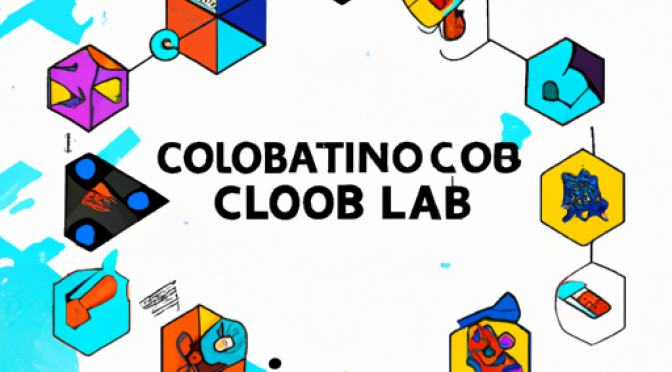How AI is Influencing Global Collaborations to Address Common Food Security Challenges
Artificial Intelligence (AI) is revolutionizing the way global collaborations are addressing common food security challenges. With its ability to analyze vast amounts of data and provide valuable insights, AI is playing a crucial role in shaping policies that aim to ensure food security for all.
The Role of AI in Data Analysis
AI technologies, such as machine learning and data mining, are being used to analyze large datasets related to food production, distribution, and consumption. By processing this data, AI algorithms can identify patterns, trends, and potential risks, enabling policymakers to make informed decisions.
For example, AI can analyze weather patterns and predict crop yields, helping policymakers anticipate potential food shortages and take proactive measures to mitigate them. AI can also analyze market data to identify price fluctuations and supply-demand imbalances, allowing policymakers to develop strategies to stabilize food prices and ensure accessibility.
Enhancing Collaboration and Knowledge Sharing
AI-powered platforms are facilitating global collaborations by connecting experts, researchers, and policymakers from different countries. These platforms provide a space for sharing knowledge, best practices, and innovative solutions to address food security challenges.
Through AI, experts can collaborate in real-time, transcending geographical boundaries. They can share data, research findings, and policy recommendations, fostering a collective effort to tackle common food security challenges. AI also enables the translation of research papers and policy documents into multiple languages, making them accessible to a wider audience.
Policy Development and implementation/" target="_blank">Implementation
AI is assisting in the development and implementation of policies that address food security challenges. By analyzing data and generating insights, AI can help policymakers identify the most effective strategies and interventions.
AI algorithms can simulate the impact of different policy scenarios, allowing policymakers to assess potential outcomes and make evidence-based decisions. This helps in designing policies that are tailored to specific regional or global contexts, taking into account factors such as climate, demographics, and economic conditions.
Ensuring Ethical and Inclusive Policies
AI also plays a crucial role in ensuring that policies addressing food security challenges are ethical and inclusive. By analyzing diverse datasets, AI algorithms can identify potential biases and inequalities in existing policies.
AI can help policymakers in designing policies that are fair, transparent, and considerate of social, economic, and environmental factors. It can also assist in monitoring policy implementation and evaluating its impact, enabling policymakers to make necessary adjustments to ensure equitable outcomes.
In conclusion, AI is transforming global collaborations in addressing common food security challenges. By leveraging AI technologies, policymakers can analyze data, enhance collaboration, develop effective policies, and ensure ethical and inclusive outcomes. With continued advancements in AI, the global community is better equipped to tackle the complex and interconnected issues of food security.
Tags: AI, global collaborations, food security, data analysis, policy development, ethical policies

